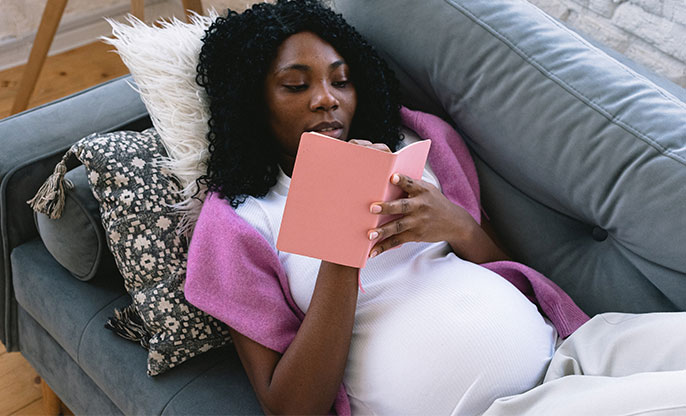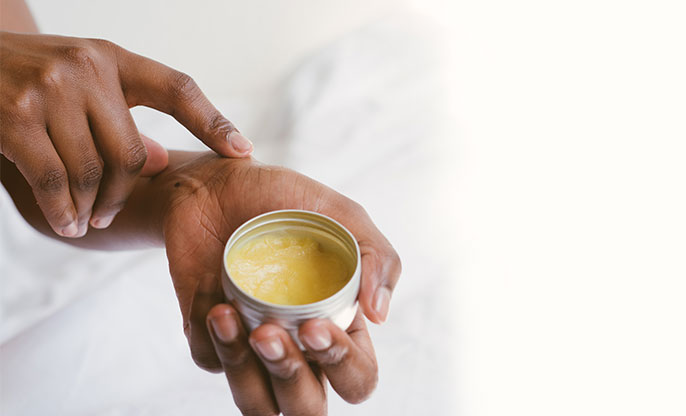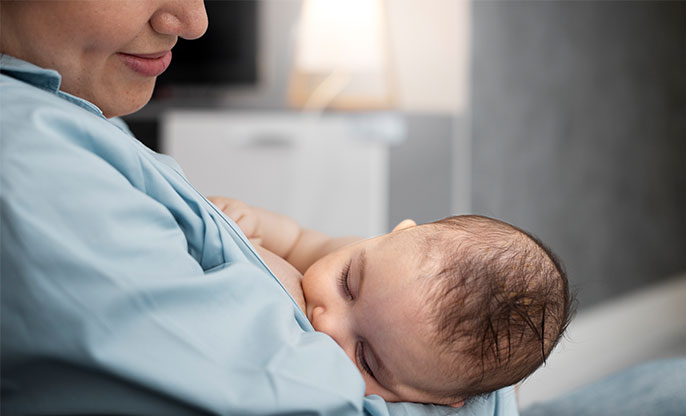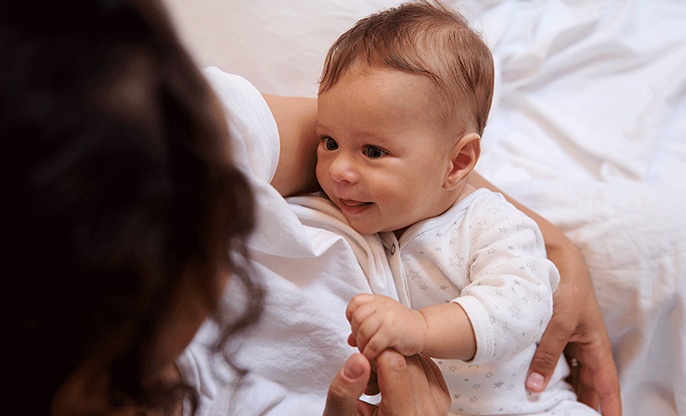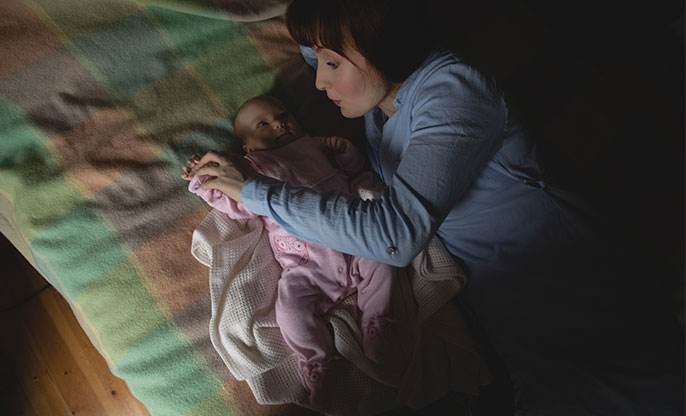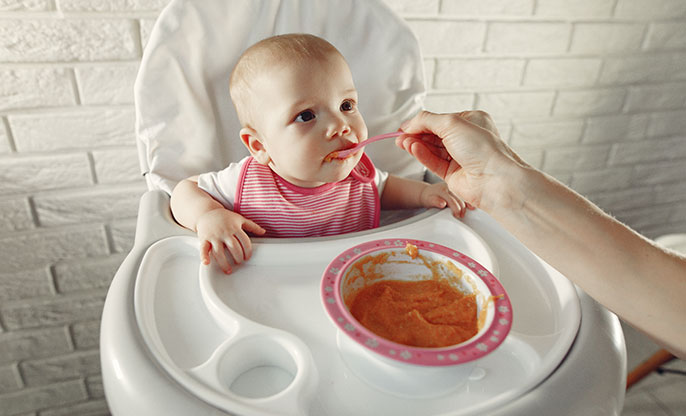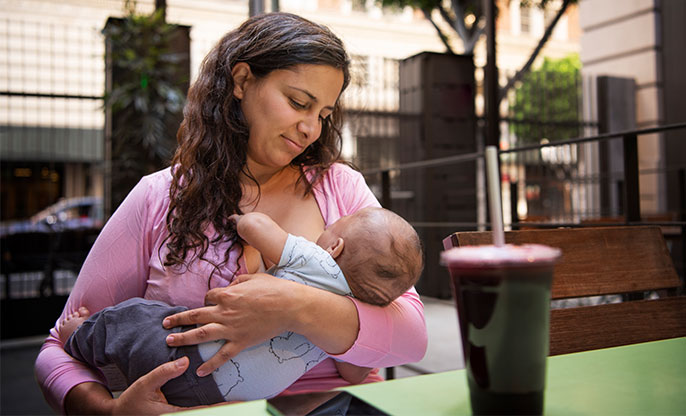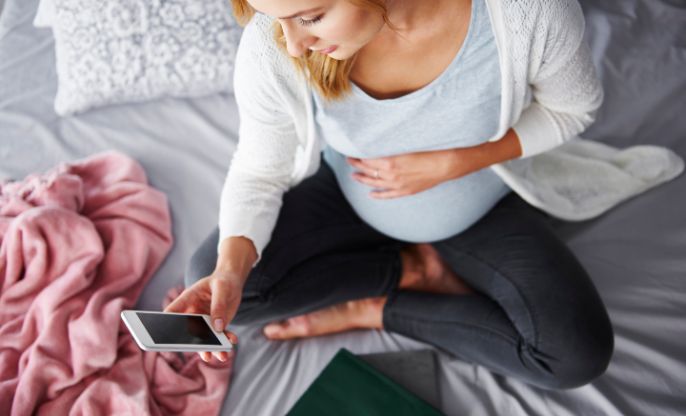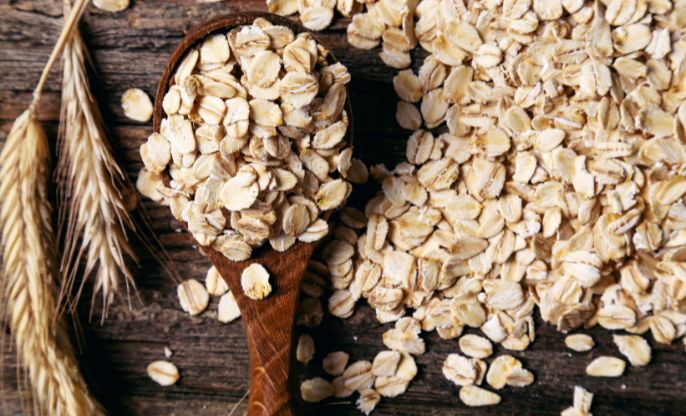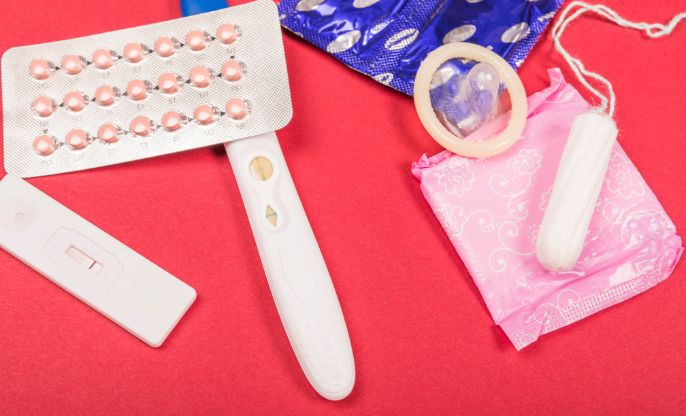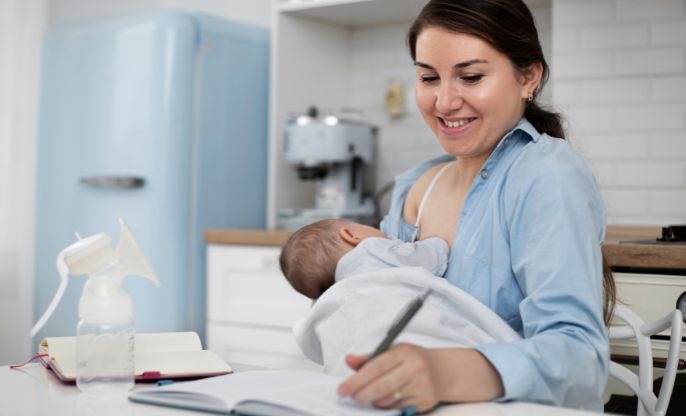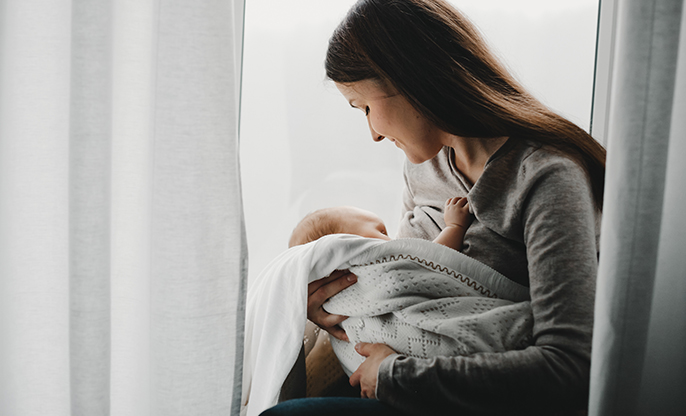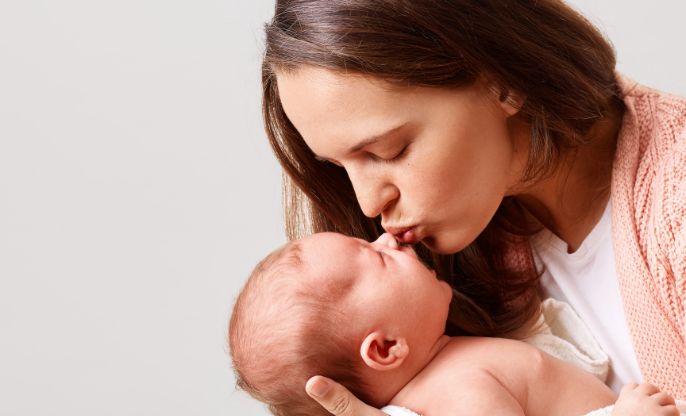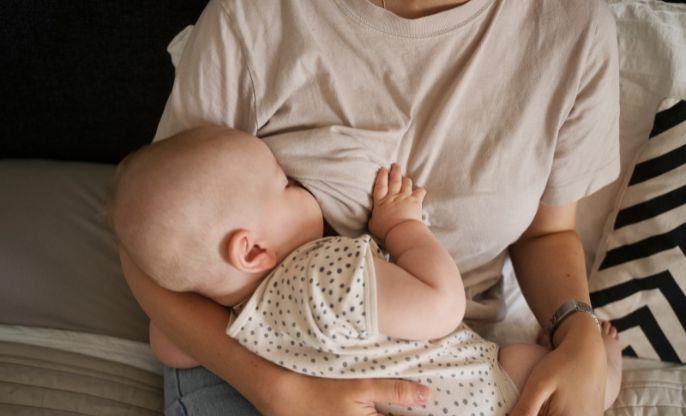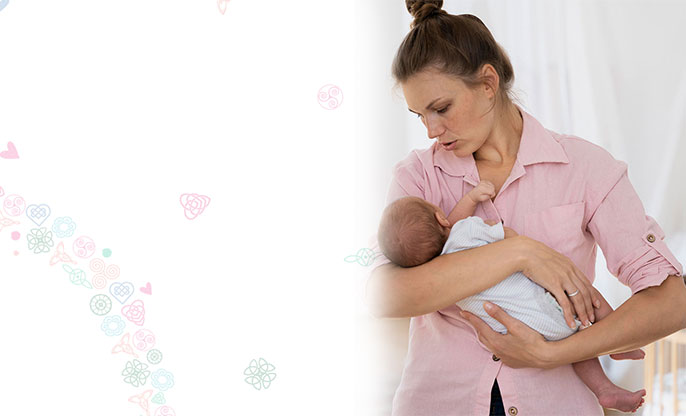
10 COMMON POSTPARTUM ISSUES
Exhaustion
Your body has worked tirelessly throughout your pregnancy, labor and childbirth to nurture and bring your baby into this world. After all this, you may feel fatigue with aching muscles and stiffness.
How to deal with exhaustion:
Rest when possible
Get massages, especially on sore areas
Eat and drink well, especially carbohydrate-rich foods, for energy and healing
Lochia
For weeks your uterus will continue to remove leftover blood, mucus and uterine tissue as a discharge called Lochia.
Three types of Lochia:
Lochia rubra is the first discharge that you will experience in the first 3 to 4 days. It is dark or bright red blood accompanied with clots and cramping.
Lochia serosa is a pinkish-brown discharge that lasts from 4 to 12 days. It is thinner and watery.
Lochia alba is a yellowish-white discharge, usually seen as spotting. This lasts from 12 days to six weeks with no blood clots.
Call your healthcare provider if:
The bleeding continues to be heavy and red.
You find large clots, larger than the size of a grape.
There is foul-smelling lochia.
You feel cold or have a racing heart.
It could be that your uterus is not being able to contract!
Afterpains
Uterine muscles contract even after childbirth to return to its original size. This causes afterpains, resembling menstrual cramps, especially during breastfeeding. They will decrease in intensity and frequency within a few weeks.
Frequent urination
For the first 1 to 2 weeks, urination will be very frequent; this is for your body to get rid of extra fluids that accumulates during pregnancy.
Urine leakage
When you cough, sneeze or laugh, you may feel a few drops of urine trickling out because your bladder and pelvis are still rearranging themselves, post birth. You can choose to wear a pad or panty liner till this subsides.
Sweating
This is another way for your body to remove excess fluids. The perspiration is more, especially at night. This shall go away in a week or so.
Painful or sore perineum
Perineum is the area between vagina and anus - it could get tears, lacerations or bruises while pushing your baby out or you could have gotten an episiotomy, which is a cut made in the perineum to get the baby out, more easily. Both involve stitches and it takes time to recover.
Constipation
You could be scared of passing stool because of perineal soreness. If it was a medicated birth, the anaesthetics can also make your intestines sluggish.
Dealing with constipation:
Do light physical exercises, including walks.
Eat fibre-rich foods.
Avoid caffeine.
Ask your doctor for a stool softener or laxative if you’re really unable to pass stool.
Engorgement
Between day 3 and day 5, your body makes milk in great abundance and your breasts become larger, swollen and hard to touch. There are easy ways to resolve this issue including correcting your baby’s latch, using cold compresses etc.
Sore nipples
When breastfeeding, sore nipples are a sign that your baby may be latching on incorrectly at your breast. It happens because the baby’s gums clamp onto the nipple, rather than taking in the areola, right behind the nipple. However, this is fairly normal and many new mothers face issues with an incorrect latch. Simple things like trying different breastfeeding positions or getting professional help from a Lactation Consultant should solve the issue.
